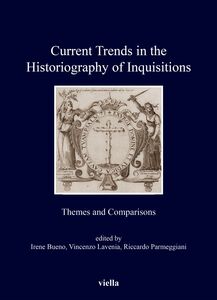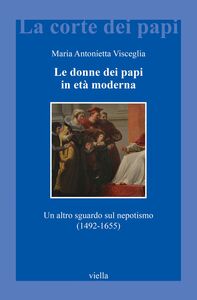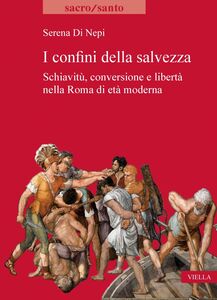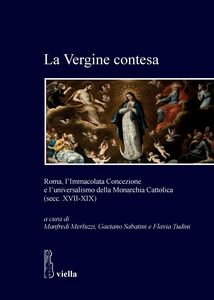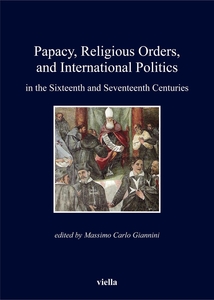
Papacy, Religious Orders, and International Politics in the Sixteenth and Seventeenth Centuries
Autori Vari
During the early modern age religious orders had to interpret papal strategies and directives in international politics in the light of a substantial ambiguity. They were loyal subjects of the pope, but also trusted agents and advisers of princes. They were operatives of the Holy See and, at the same time, of strategies not necessarily in line with Roman guidelines. This ambiguity resulted in conflicts, both overt and latent, between obedience to the pope and obedience to the sovereign, between membership in a universal religious order and individual «national» origins and personal ties, between observance of Roman directives and the need to maintain good relations with the authorities of the territory in which the religious orders lived and worked.
This book aims to examine, through a series of case studies not only in Europe but also America and the Middle East, the roles played by religious orders in the international politics of the Holy See. It seeks to determine the extent to which the orders were mere objects or instruments; whether they were able to give life, more or less openly, to autonomous strategies, and for what reasons; and what awareness of their own identity groups or individuals developed in relation to the influences of international politics in an age of conflict.
Dettagli libro
-
Editore
-
Testo originale
Sì -
Lingua
Inglese -
Data di pubblicazione
-
Numero di pagine
253 -
A cura di
-
Argomento
-
Collana



